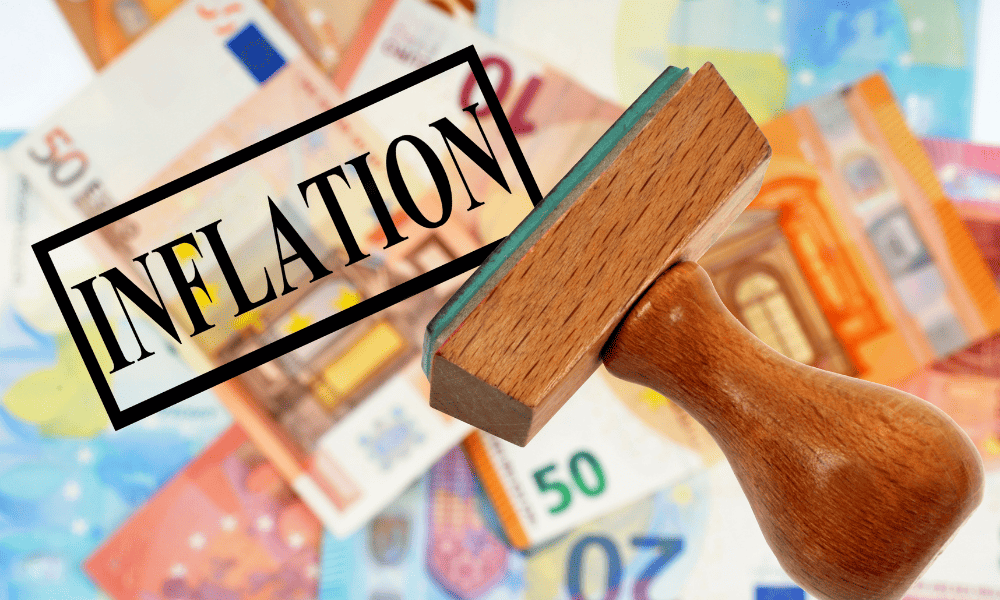
TOKYO (Reuters) - A tech-fueled global stocks rally cooled in Asian trade on Thursday as investors took a more cautious posture amid uncertainties around the outlook for inflation and interest rates.
World bond yields, however, continued to ease from multi-year highs.
And the dollar trod water ahead of the closely watched U.S. inflation report due later in the day that should offer new clues on the pace of U.S. interest rate hikes.
Crude oil resumed its uptrend as a big drawdown in U.S. inventories underscored the ongoing tightness in the market. [O/R]
Japan's blue-chip Nikkei started the day almost 1% higher before beginning a steady slide that took it close to negative territory. It later rebounded to be 0.33% higher.
Meanwhile, Chinese blue chips sank 0.52% and Hong Kong's Hang Seng retreated 0.31%.
MSCI's broadest index of Asia-Pacific shares eked a 0.10% gain.
"We don't know how many U.S. rate hikes there are going to be this year, and I don't think the Fed knows either, said Kyle Rodda", a market analyst at IG Australia.
"And that's getting markets a little bit nervous, to say the least," he also said.
"Any kind of data surprise is going to inflame that nervousness, and that's leading to the choppiness that we're seeing in markets."
On Wednesday, Big Tech led Wall Street higher, with the Nasdaq surging 2.1% and the S&P 500 ending 1.45% higher.
U.S. futures pointed lower though, indicating a 0.28% retreat for the Nasdaq and a 0.23% decline for the S&P.
Helping sentiment overnight was a fall in long-term bond yields. The 10-year U.S. Treasury yield slipped back to 1.9285% in Tokyo on Thursday from a near 2-1/2-year peak on Tuesday.
Its German counterpart retreated from a three-year high. [US/][GOVD/EUR]
"It was a more positive session for global bonds, with European bond yields taking a breather from their seemingly relentless recent rise," Damien McColough, head of rates strategy at Westpac, wrote in a client note.
"Even so, global bond yields have entered a bear phase and investors are likely to demand a higher premium to invest given inflation and policy risks ... so we remain better tactical sellers."
A more hawkish tone from both the ECB and the Fed last week caught markets off guard, sending yields soaring.
Australia's 10-year benchmark yield slipped to 2.086% on Thursday from as high as 2.157% in the previous session, a near three-year peak.
Japan's benchmark yield held at a six-year peak of 0.215% amid speculation that more hawkish monetary tightening globally could force some action from the Bank of Japan.
ECB President Christine Lagarde last Thursday sent rate hike bets surging by not repeating that a 2022 rate rise was very unlikely.
Although subsequent comments from bank officials suggest a big tightening of monetary policy is not needed.
The Fed is broadly expected to begin raising rates at its March meeting although there is no clarity about the pace of tightening.
Money markets are certain of at least a quarter-point Fed hike next month, and give 1-in-4 odds of a half-point increase.
Data due later on Thursday is expected to show U.S. consumer inflation racing at a 7%-plus annualized clip, a level reminiscent of the inflation shocks of the 1970s and 1980s.
Currencies were largely in a holding pattern ahead of that release, with the dollar index steady at 95.581 after bouncing off a two-week low of 95.136 on Friday. [FRX/]
One euro bought $1.14175 and the yen traded at 115.49 per dollar.
The combination of a soft dollar and lower bond yields put some shine on gold, which held close to a two-week high, last changing hands at around $1,834 an ounce. [GOL/]
U.S. West Texas Intermediate futures added 15 cents to $89.81 a barrel, while Brent crude futures were steady at $91.53 a barrel. - investing.com